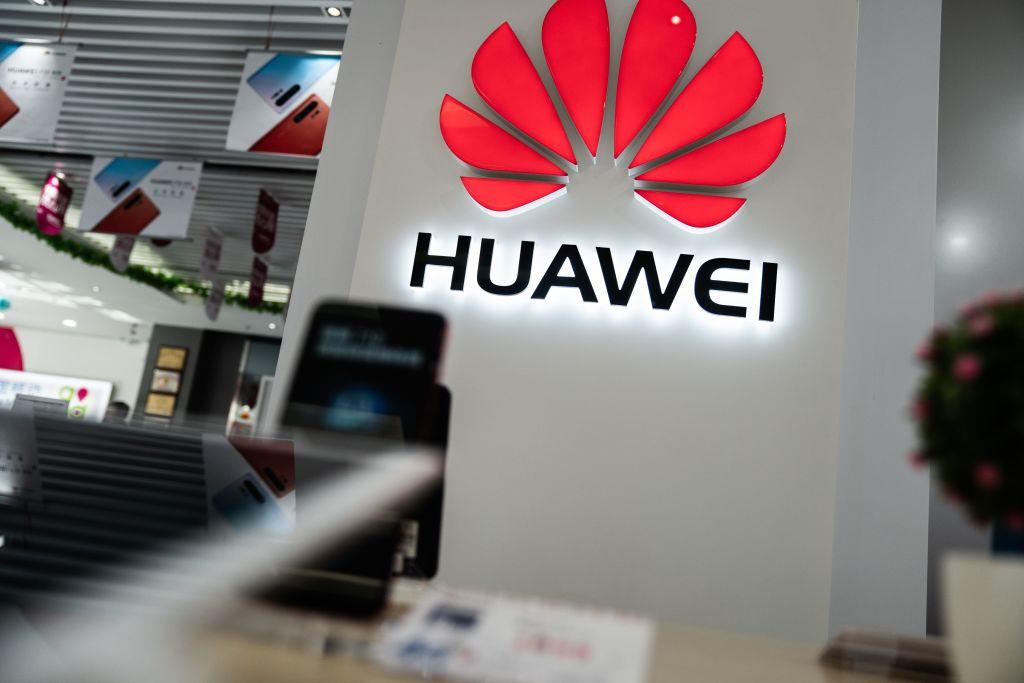Chinese tech giant Huawei has partnered with Google on several product development projects, according to U.S. tech news site The Information, citing several unnamed sources.
The partnership came to a screeching halt in May this year, when the U.S. Department of Commerce added Huawei and 68 affiliate companies to its “Entity List,” which means U.S. firms are banned from doing business with them, unless granted government approval.





